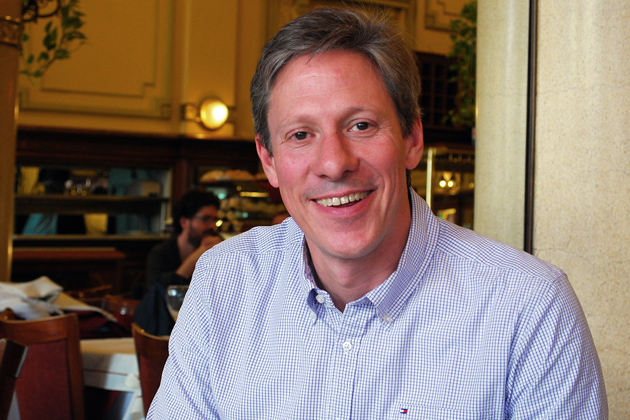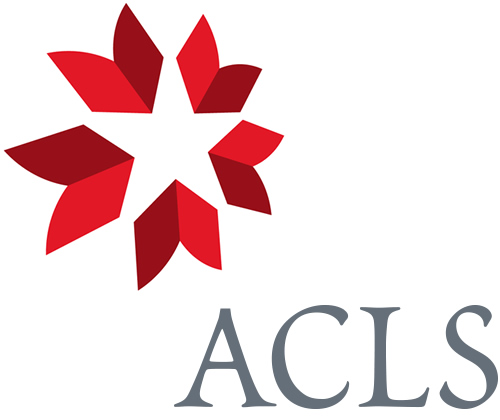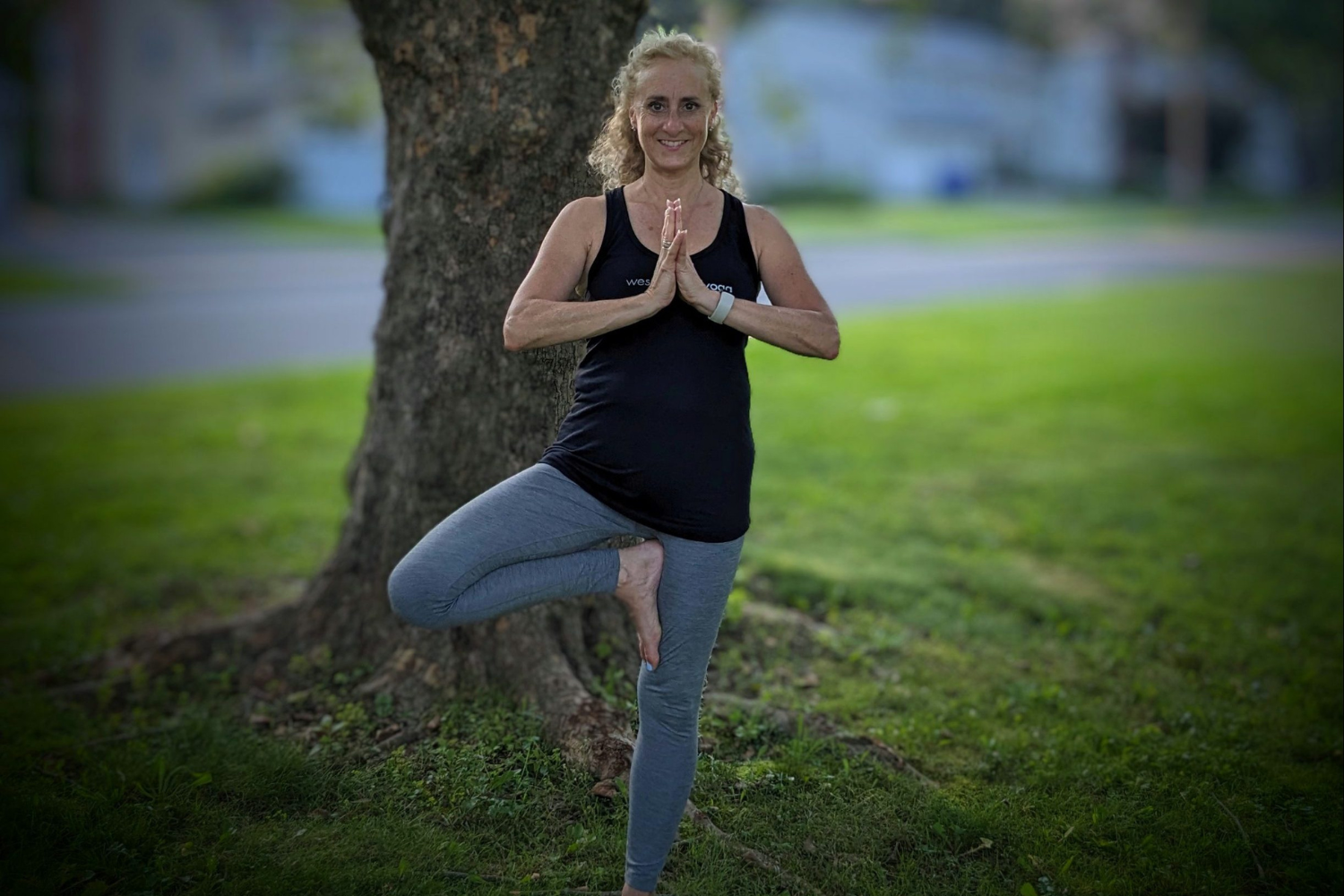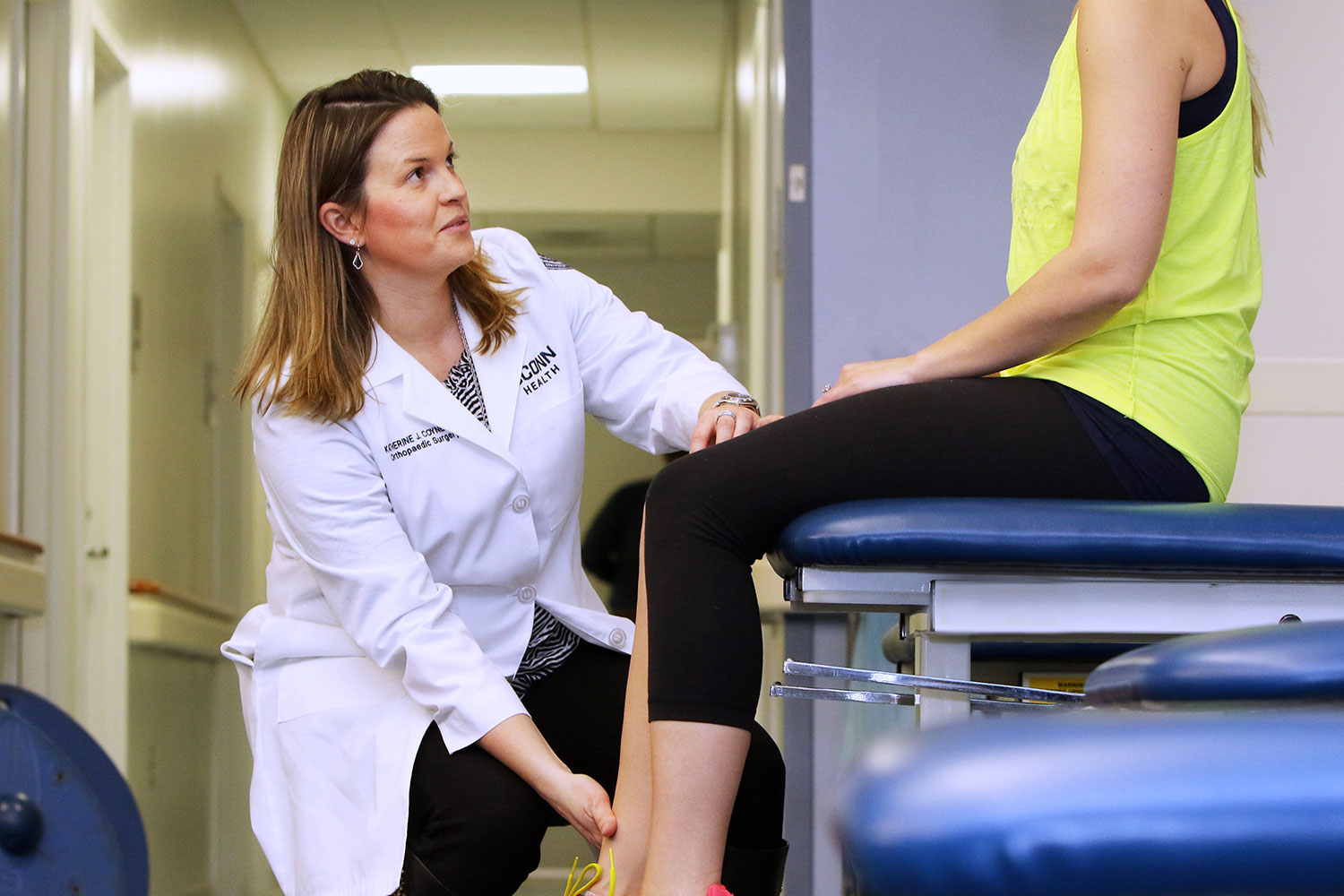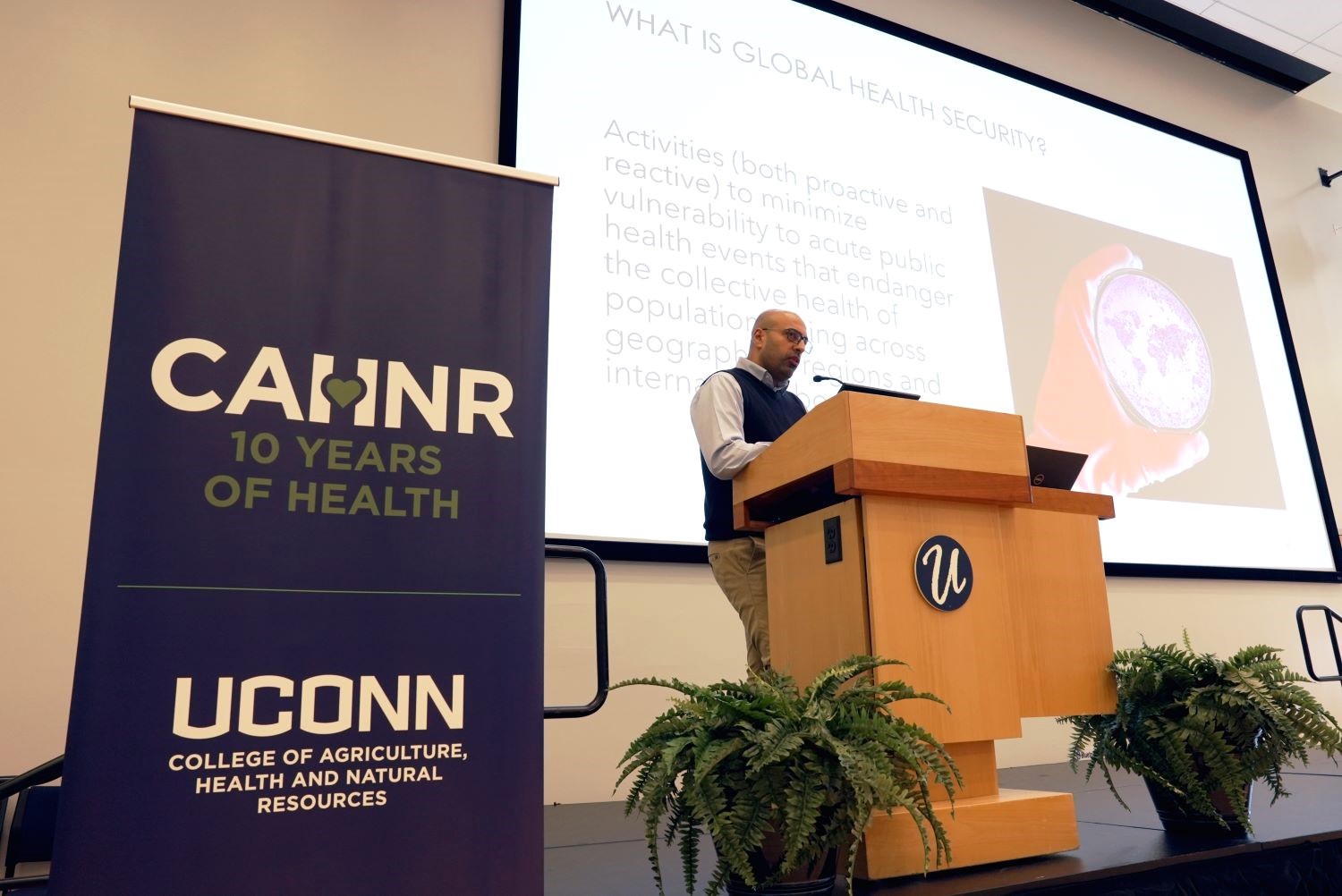Two UConn humanities professors have won one-year faculty research fellowships from the American Council of Learned Societies (ACLS), in what the organization describes as one of the most competitive application cycles in the program’s history.
The fellowships provide scholars working in humanities or related social science fields with support for up to 12 months, enabling them to work full-time on research and writing projects.
Mark Healey, associate professor of history, and Susan Schneider, associate professor of philosophy, are among 65 ACLS fellowship recipients this year nationwide, selected from a pool of more than 1,100 applicants.
“This is one of the leading fellowships for scholars in the humanities,” says Healey. “It’s absolutely key for gaining the time to do the in-depth research and thinking necessary to launch new projects.”
Healey and Schneider will spend the year working on their respective projects, “Waterscapes of Power in the Dry Lands of Argentina, 1880-1980” and “The Mind-Body Problem: Rethinking the Solution Space.”
Among the criteria used to evaluate proposals are the potential for a project to advance the field of study in which it is proposed, the quality of the methodology, the theoretical framework, and the scholarly record and career success of the applicants.
Water and power in Argentina
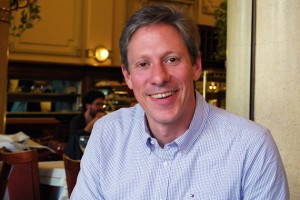
Healey is using his ACLS fellowship, along with funds from a three-month Fulbright fellowship, to study how the governance of water has shaped the social, economic, and political landscape of Argentina.
In August, he began a year-long research excursion to Mendoza and San Juan in Western Argentina, where he is studying the culture and politics of water in that region between 1880 and 1980.
“This is a story of top-down changes, the conquest of water for irrigation and the agro-industrial powerhouse built on that, but it is also a story of challenges from below, or how different communities came to demand water as their right and how access to water became an avenue of access to citizenship,” he says. “It is also an account of how natural dynamics, from the hydrology of the Andes to the damage from excessive irrigation, shaped social and political outcomes.”
To study this complex web of social and environmental factors, Healey will spend time looking through Argentinian provincial history archives and newspapers, as well as collections in the National Archive and National Water Institute in Buenos Aires. He will also conduct interviews with members of irrigation councils, government officials, and social activists.
“Doing research in Latin America is wonderful, but it can also be very time-consuming since many great collections are difficult to find and haphazardly organized,” he says. “Carrying out an ambitious project therefore demands more time than a short trip over summer vacation would allow, and this award makes longer-term, collaborative research possible.”
The mind-body problem
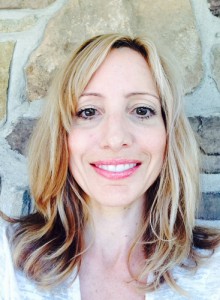
Schneider is using her fellowship to address philosophical issues related to the mind-body problem, which she says is the foundation of many longstanding philosophical, cultural, and spiritual debates, such as whether the mind exists beyond death.
“The mind-body problem examines whether thinking and consciousness are purely physical phenomena, how the mind and thought fit into the world that science investigates, and whether the mind is a physical thing,” she says.
According to Schneider, many of the current solutions to the mind-body problem are problematic in that they are disconnected from commonly accepted ideas in metaphysics, which studies the fundamental nature of reality and is the field in which the problem originated.
A major goal of her current project is to rule out many of these solutions by demonstrating their internal inconsistencies. She will also develop a more plausible solution to the mind-body problem by drawing from fields like philosophy of mathematics and metaphysics.
Her overall methodological aim is to explain how philosophical thinking on the mind, self, and thoughts relate to the world that science investigates – a subject she first examined in her book, The Language of Thought (MIT Press, 2011).
“In my view, cognitive science is successfully illustrating that the brain is computational, but there are also many metaphysical questions about the nature of mind that still need to be addressed,” she says. “Finding out if the mind – as opposed to the brain – is computational or physical is a philosophical issue that draws from science but requires further, metaphysical resources.”
The project will culminate in a new book that will be published by Oxford University Press.
